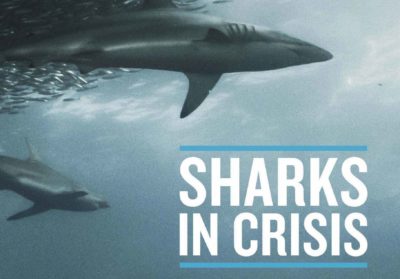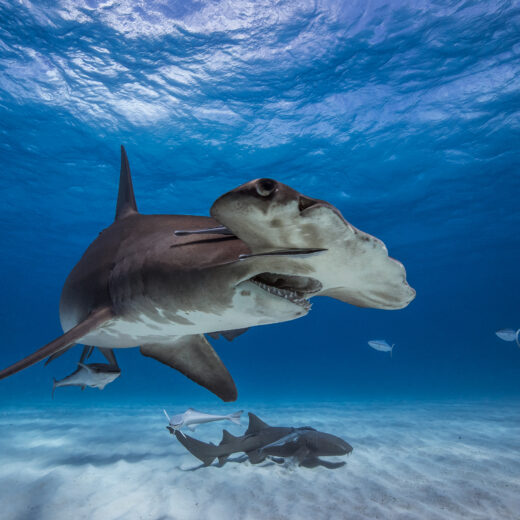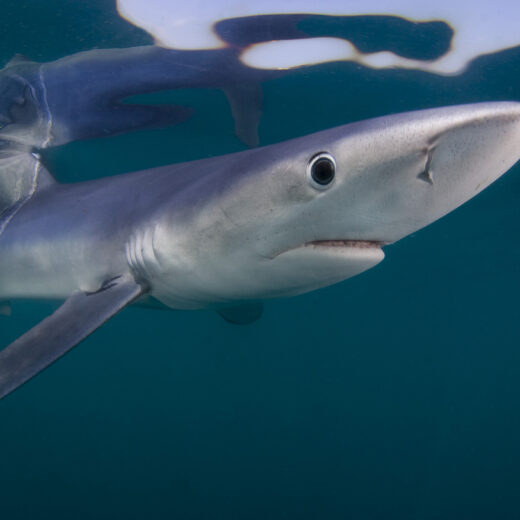
Consumption of shark fin soup in mainland China is no longer the single greatest threat to sharks, according to a report released today by global conservation organization WildAid.
“Sharks in Crisis: Evidence of Positive Behavioral Change in China as New Threats Emerge” exposes worrying trends in the consumption of shark products outside of China, as well as the continued failure of the tuna industry to protect against shark bycatch.
“As younger generations of Chinese abandon shark fin soup, this year’s Lunar New Year celebrations are less likely to feature it,” said WildAid CEO Peter Knights.
“While consumers in mainland China have changed their behavior in response to awareness campaigns and a government banquet ban, shark fin soup remains on the menu in Hong Kong SAR, Taiwan and Macau SAR, and consumption is growing in places like Thailand, Vietnam, and Indonesia.”


WildAid is calling on the restaurant, hotel and catering sector to drop shark fin from menus, and is urging all transport companies that have not yet adopted policies against shark fin cargo, including FedEx, to do so without delay. The organization is also asking Hong Kong SAR’s biggest restaurant chain, Maxim’s, to stop selling shark fin soup in order to protect sharks, especially the imperiled blue shark species.
Shark fin soup is not the only threat the report warns. “New and continuing markets for shark meat and liver oil also drive illegal and unsustainable harvest while millions more die as bycatch on longlines and purse seine nets targeting commercial species such as tuna and swordfish,” it says.
“Until tuna companies improve their fishing practices, consumers must be diligent when buying tuna,” Knights said. “Similarly, those considering the consumption or use of shark products should educate themselves about the potential health hazards posed by toxic chemicals that may be present in shark fins, meat and oil.”
According to the report, “the dangers of consuming shark fin, meat and oil outweigh the purported benefits. As predators at the top of the food chain, over their lifetimes sharks accumulate the highest concentrations of toxic substances such as mercury, methylmercury, cadmium and arsenic, long-term exposure to which can cause cancer, skin lesions, cardiovascular disease and neurological impacts in humans.”


“Without sharks, the entire ocean ecosystem can collapse, and humans are sure to witness the consequences, as food sources we depend on disappear. In order to save our oceans, we must urgently address the multitude causes of shark species’ declines,” the report concludes.
Stay in touch and get the latest WildAid updates.
SIGN UPAbout WildAid
WildAid is a non-profit organization with a mission to protect wildlife from illegal trade and other imminent threats. While most wildlife conservation groups focus on protecting animals from poaching, WildAid primarily works to reduce global consumption of wildlife products such as elephant ivory, rhino horn and shark fin soup. With an unrivaled portfolio of celebrity ambassadors and a global network of media partners, WildAid leverages more than $308 million in annual pro-bono media support with a simple message: When the Buying Stops, the Killing Can Too.
Journalists on deadline may email communications@wildaid.org


